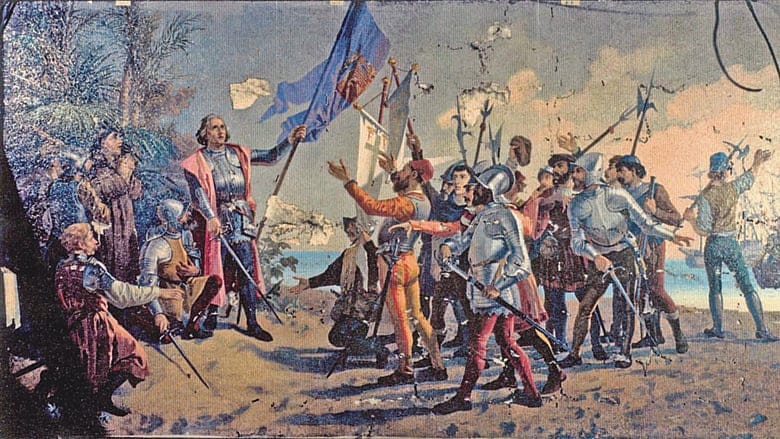The fight for Western civilization plays out at Stanford

Apparently, Western civilization has been a touchy subject at Stanford University. Unbeknownst to many, the school removed Western civilization as part of the core curriculum in 1988, amid fallout from Jesse Jackson-led protests. Fortunately, a group of courageous students lobbied to have these courses reinstated. However, this past Monday their proposal was defeated in a landslide election.
The efforts of these students should be commended. They stood up to strident leftists operating under a veil of "social-enlightenment and awareness," a façade readily embraced and supported by today's colleges.

